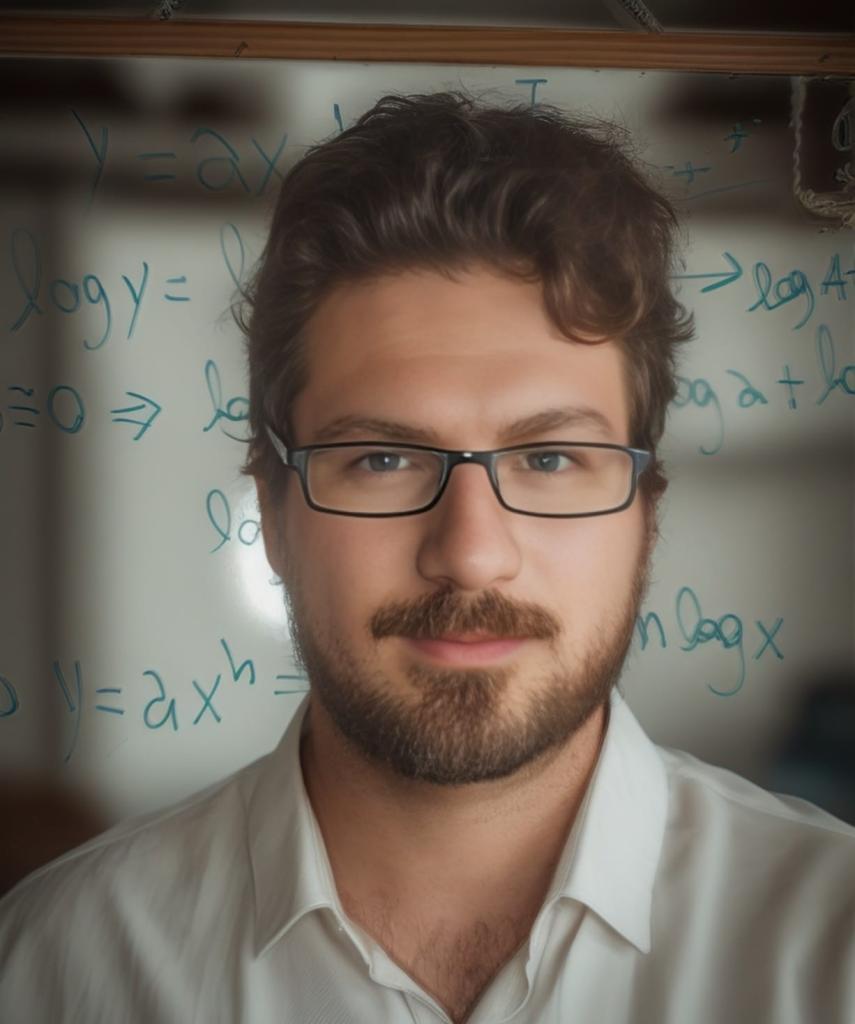
Since 2022, Marco Roberto Cavallari, leader and founder of the Renewable Energy and Storage Technology Group (GERAM), has served as an Associate Professor II, MS-3.2, in the Department of Electronics and Biomedical Engineering (DEEB) at the School of Electrical and Computer Engineering (FEEC) of the University of Campinas (Unicamp). He teaches courses in electric circuits, analog and digital electronics, digital signal processing, power electronics, flexible electronics, organic photovoltaics, and green hydrogen.
In 2007, he obtained a dual Franco-Brazilian degree as an exchange student in the T.I.M.E. Program (Top Industrial Managers for Europe) at Ecole Centrale de Lille, France, while also studying Electrical Engineering - Electronic Systems at the Polytechnic School of the University of São Paulo (EPUSP). In 2010, he completed a 24-month master’s degree in Microelectronics, with experimental activities partially conducted at EPUSP and the Bruno Kessler Foundation/University of Trento, Italy. In 2014, he finished a 48-month doctoral program focused on OTFTs functioning as ammonia and acetone sensors for medical diagnostics. In 2019, he completed postdoctoral research in Microelectronics at Columbia University’s Department of Electrical Engineering in New York (USA) and at EPUSP's Electronic Systems Department.
In his previous positions, he worked for 28 months as a full-time Associate Professor in Energy Engineering and Physics at the Federal University for Latin American Integration (UNILA) and for 11 months as a Visiting Associate Professor in the Engineering of Instrumentation, Automation, and Robotics program within the Bachelor of Science and Technology (BCT) at the Center for Engineering, Modeling, and Applied Social Sciences (CECS) at the Federal University of ABC (UFABC).
His main research areas are energy generation and storage from renewable sources with zero net carbon emissions and the fabrication and characterization of biosensors based on organic transistors (OTFTs). He has expertise in Electrical Engineering with a focus on Energy, Microelectronics, and Molecular Electronics, working in the following areas:
Nanotechnology,
Characterization of charge transport in disordered solids,
Organic Thin-Film Transistors (OTFT),
Organic photovoltaic cells (OPV),
Microelectronics fabrication processes (CMOS),
Nano and Micro Electromechanical Systems (NEMS/MEMS),
Conjugated polymers,
Small organic molecules, and
Production of green hydrogen through water electrolysis.
